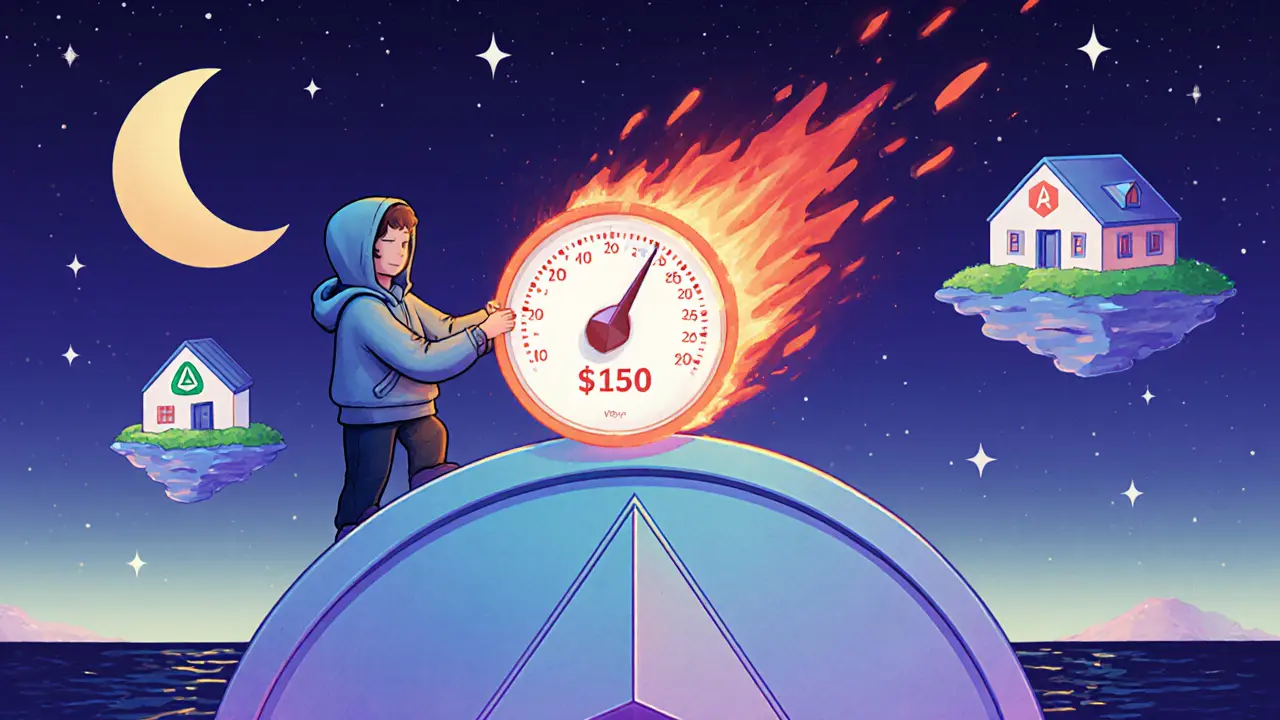Ethereum gas price: What It Is, Why It Matters, and How to Save
When you send ETH or interact with a DeFi app, you’re paying a fee called Ethereum gas price, the cost to process a transaction on the Ethereum blockchain, measured in gwei and paid in ETH. Also known as gas fees, it’s what keeps the network running—miners and validators get paid to confirm your swap, stake, or NFT mint. If the gas price is high, your transaction might sit for minutes—or even hours—until someone pays enough to bump it ahead. You’ve probably seen this when trying to buy a new token and watching your wallet drain before the trade even goes through.
Gas price isn’t random. It’s driven by demand. When people are buying NFTs, farming yields, or trading on Uniswap, the network gets crowded. That’s when gas spikes. It’s like rush hour on a highway—the more cars, the higher the toll. And right now, Ethereum still runs on proof-of-stake, which means every action costs energy, even if it’s less than old-school mining. You can’t avoid gas, but you can control it. Tools like Etherscan’s gas tracker or simple timing tricks—like waiting for weekends or late-night hours—can cut your costs by half. Some users even set up alerts for when gas drops below 20 gwei. It’s not magic, just awareness.
Related to gas price are Ethereum network, the decentralized system that powers smart contracts, DeFi apps, and NFTs using ETH as its native currency, and blockchain transaction costs, the fees charged across all blockchains to execute actions, varying by network congestion and design. On Solana or Polygon, you might pay pennies. On Ethereum, you pay dollars during peaks. That’s why so many users now use layer-2 solutions like zkSync or Arbitrum—they offload transactions from the main chain and slash fees dramatically. If you’re active in DeFi or NFTs, understanding these layers isn’t optional—it’s survival.
What you’ll find here aren’t just theory pages. These are real stories from people who lost money on rushed trades, saved cash by timing their swaps, or switched to cheaper chains after getting burned by Ethereum fees. You’ll see how gas price affects everything—from airdrop claims to DAO voting—and how to read the signs before you hit confirm. No fluff. Just what works.
Cost of Executing Smart Contracts on Different Blockchains in 2025
Smart contract execution costs vary widely across blockchains-from $0.00025 on Solana to $50+ on Ethereum. Learn how gas fees work, which chains are cheapest, and how to avoid costly mistakes in 2025.


